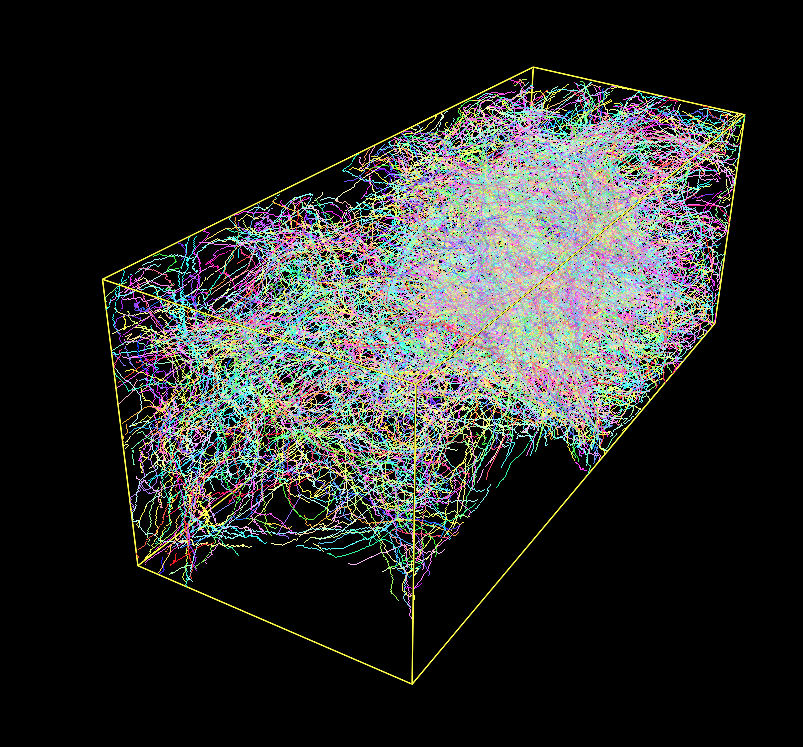Building a Framework for Predictive Science
Key questions that scientists and engineers typically want to address can be formulated in terms of predictive science. Questions such as: "How well does my computational model represent reality?", "What are the most important parameters in the problem?", and "What is the best next experiment to perform?" are fundamental in solving scientific problems. Mystic is a framework for massively-parallel optimization and rigorous sensitivity analysis that enables these motivating questions to be addressed quantitatively as global optimization problems. Often realistic physics, engineering, and materials models may have hundreds of input parameters, hundreds of constraints, and may require execution times of seconds or longer. In more extreme cases, realistic models may be multi-scale, and require the use of high-performance computing clusters for their evaluation. Predictive calculations, formulated as a global optimization over a potential surface in design parameter space, may require an already prohibitively large simulation to be performed hundreds, if not thousands, of times. The need to prepare, schedule, and monitor thousands of model evaluations, and dynamically explore and analyze results, is a challenging problem that requires a software infrastructure capable of distributing and managing computations on large-scale heterogeneous resources. In this paper, we present the design behind an optimization framework, and also a framework for heterogeneous computing, that when utilized together, can make computationally intractable sensitivity and optimization problems much more tractable.
PDF Abstract
